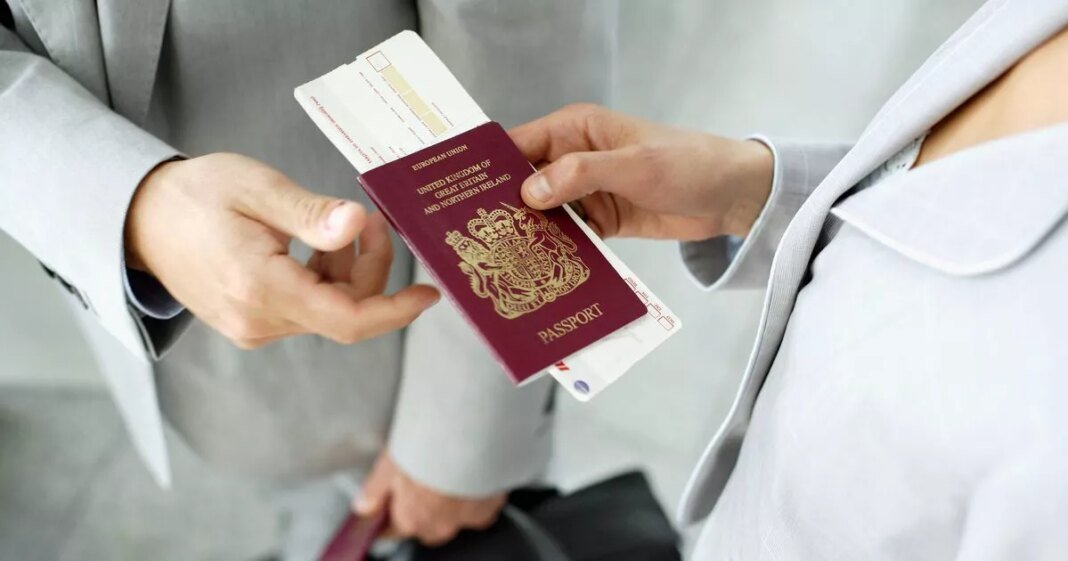Travelers are being advised by a travel expert to carry two forms of identification when going abroad. The Foreign Office recently recommended that UK travelers should have a secondary photographic ID along with their passport to mitigate the risks associated with lost or stolen documents or phones. This advice aims to enhance traveler preparedness for unexpected situations during international trips.
Matt Bramich, the product and purchasing director at Inghams and Santa’s Lapland, emphasized the importance of carrying two forms of photo ID while traveling overseas. He highlighted that losing essential documents like passports or phones could result in the loss of critical information such as accommodation details, flight data, emergency contacts, and insurance policies. By carrying a secondary photographic ID, such as a driving license or national ID card, travelers can enhance their security measures.
In certain countries, it is common for authorities to request passport verification, making it advisable to store passports securely in accommodations. Matt suggested keeping passports in hotel safes and using a secondary ID for activities that require age or identity verification, like entering age-restricted venues, to avoid the risk of losing passports.
This guidance is particularly relevant for active winter holidays involving outdoor activities where carrying bulky documents like passports may not be practical. Having a secondary ID is a safer and more convenient solution in busy travel environments. Additionally, a second form of ID can be crucial in emergencies, expediting processes like hospital admissions, insurance access, and communication with family or embassies if necessary.
Before traveling, it is essential for holidaymakers to be aware of the photographic ID requirements in the countries they are visiting, as some nations mandate carrying identification by law. Travelers can refer to the UK government’s ‘foreign travel advice’ page or consult their travel providers for further information on ID regulations in specific destinations.

